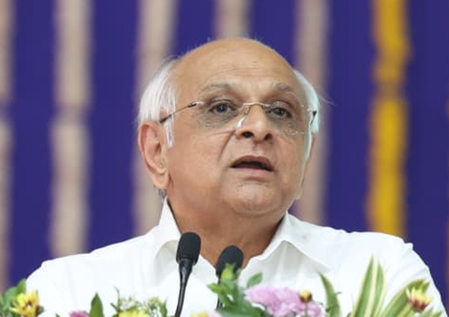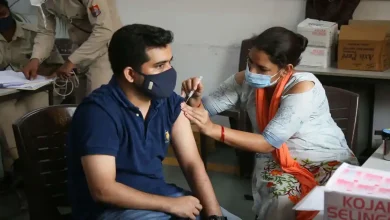Gujarat builds over 68.7 lakh toilets, strengthens rural sanitation drive

Ahmedabad, Nov 18 (IANS) Gujarat has constructed more than 68.7 lakh household toilets under the Swachh Bharat Mission (Rural), significantly boosting sanitation coverage across the state’s villages.
Due to improved waste management systems—covering segregation of dry and wet waste, solid and liquid waste disposal, and household toilet access—over 13,000 villages have now been declared ODF+ model villages, as shared by officials on Tuesday.
The state’s efforts, by Chief Minister Bhupendra Patel, are rooted in Mahatma Gandhi’s vision of a clean India—a dream catalysed nationally when Prime Minister Narendra Modi launched the Swachh Bharat Mission in 2014. Gujarat was declared Open Defecation Free on Gandhi Jayanti, 2 October 2019, marking a major milestone in the state’s sanitation journey.
Under rural development minister Kunvarji Bavaliya and Minister of State Sanjaysinh Mahida, Gujarat is implementing Phase-II of the mission with a strong focus on solid and liquid waste management through individual soak pits, community compost pits, segregation sheds, plastic waste handling, and door-to-door waste collection.
The Gobardhan project is also helping convert biodegradable waste into energy, promoting cleaner villages and new livelihood opportunities for women’s self-help groups.
Citizens have shown high awareness and participation, supported by transparent delivery of the Rs 12,000 incentive for individual toilets. The government continues to dispel outdated practices and myths around sanitation, encouraging families to adopt hygienic practices.
To avail the benefits, applicants must apply through their Gram Panchayat office or online portals, after which field verification is conducted. Once the toilet is constructed, beneficiaries receive the financial support.
As global attention turns to sanitation on World Toilet Day (19 November), this year observed with the theme “Sanitation in a Changing World,” Gujarat’s rural sanitation success stands out as a model of public participation, health protection, and environmental responsibility.
With strong public participation and transparent disbursal of incentives such as the Rs 12,000 individual toilet support, Gujarat has strengthened hygiene awareness, reduced open defecation, and improved health outcomes across villages, positioning itself as a leading model for rural sanitation in India.
–IANS
janvi/dan





